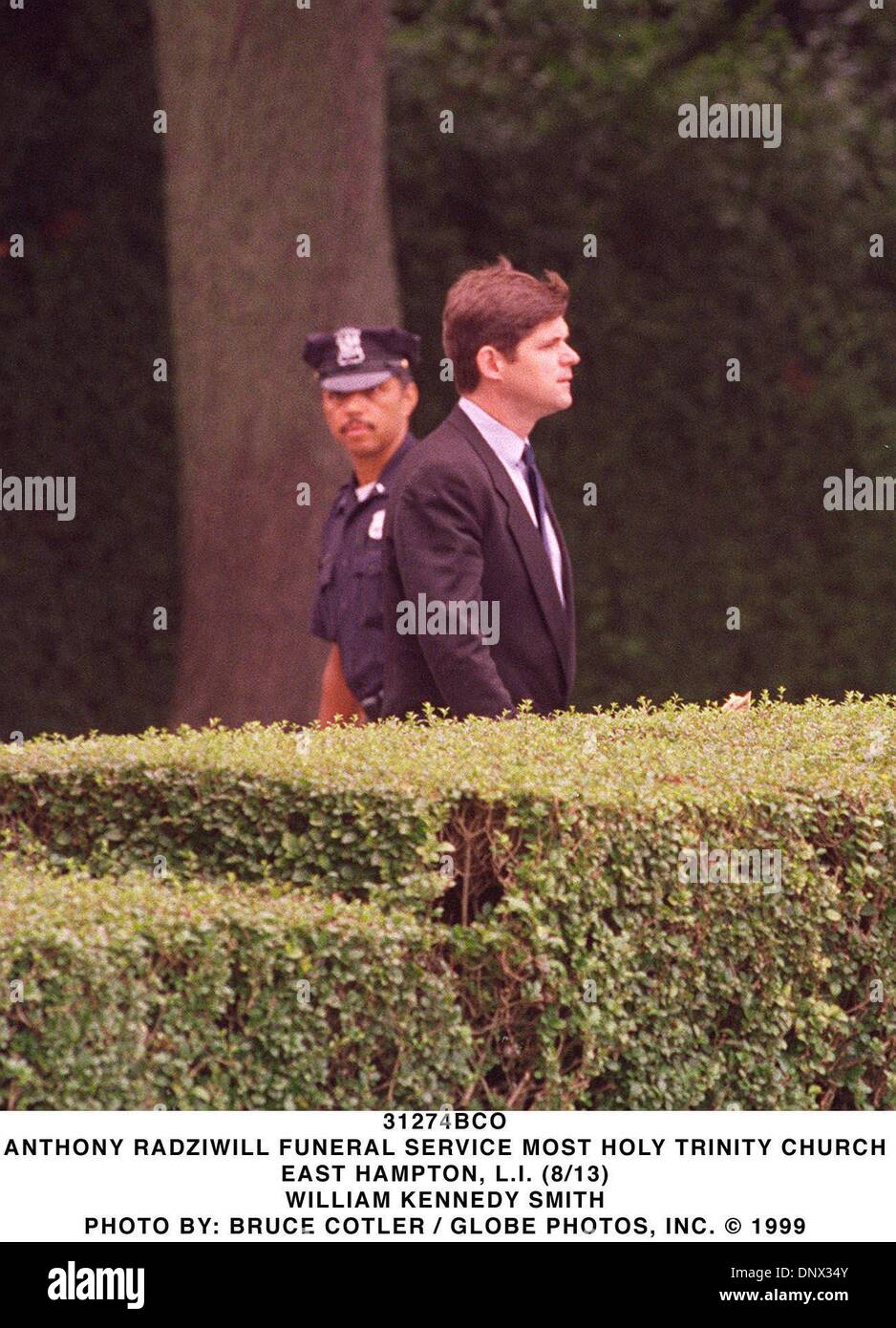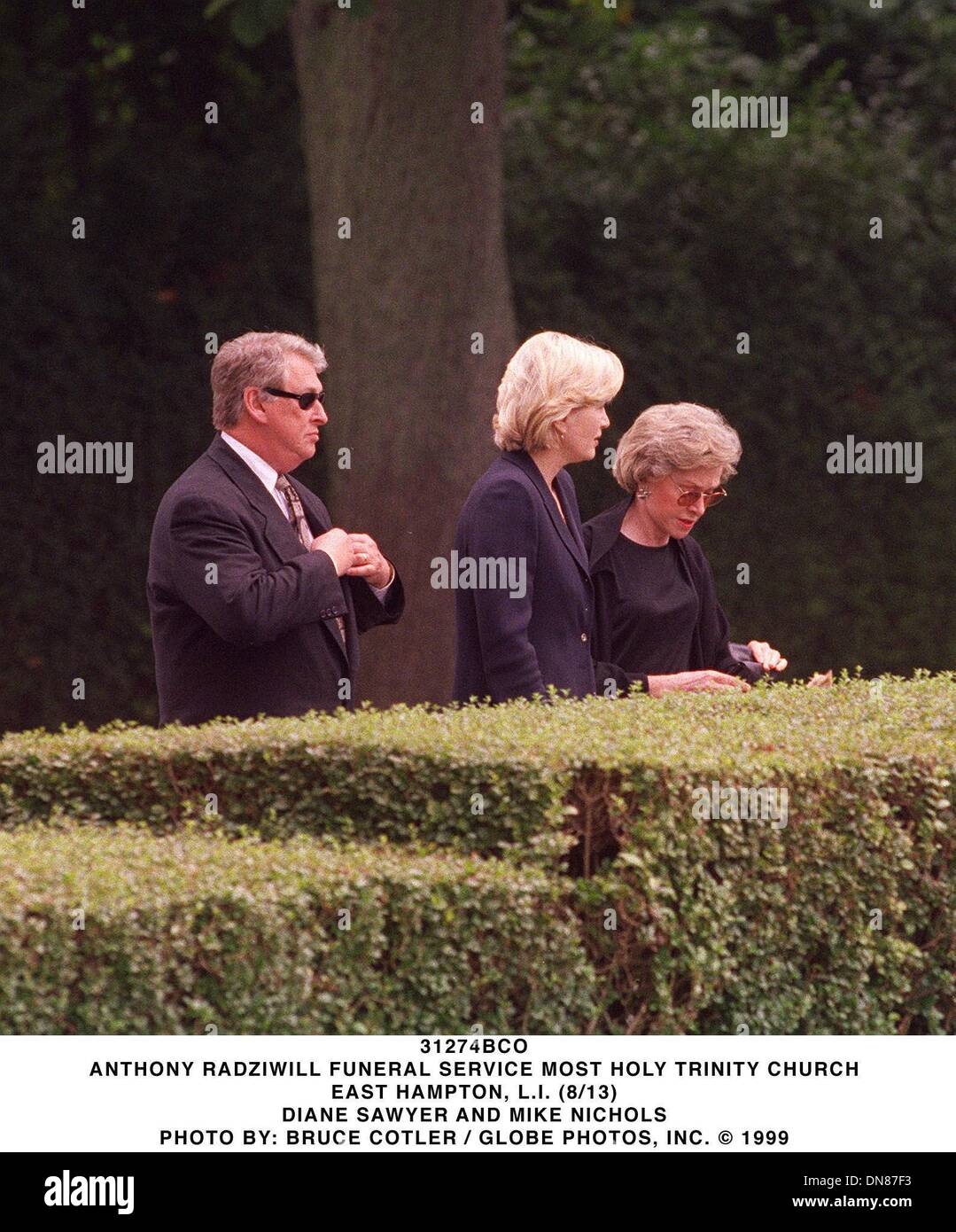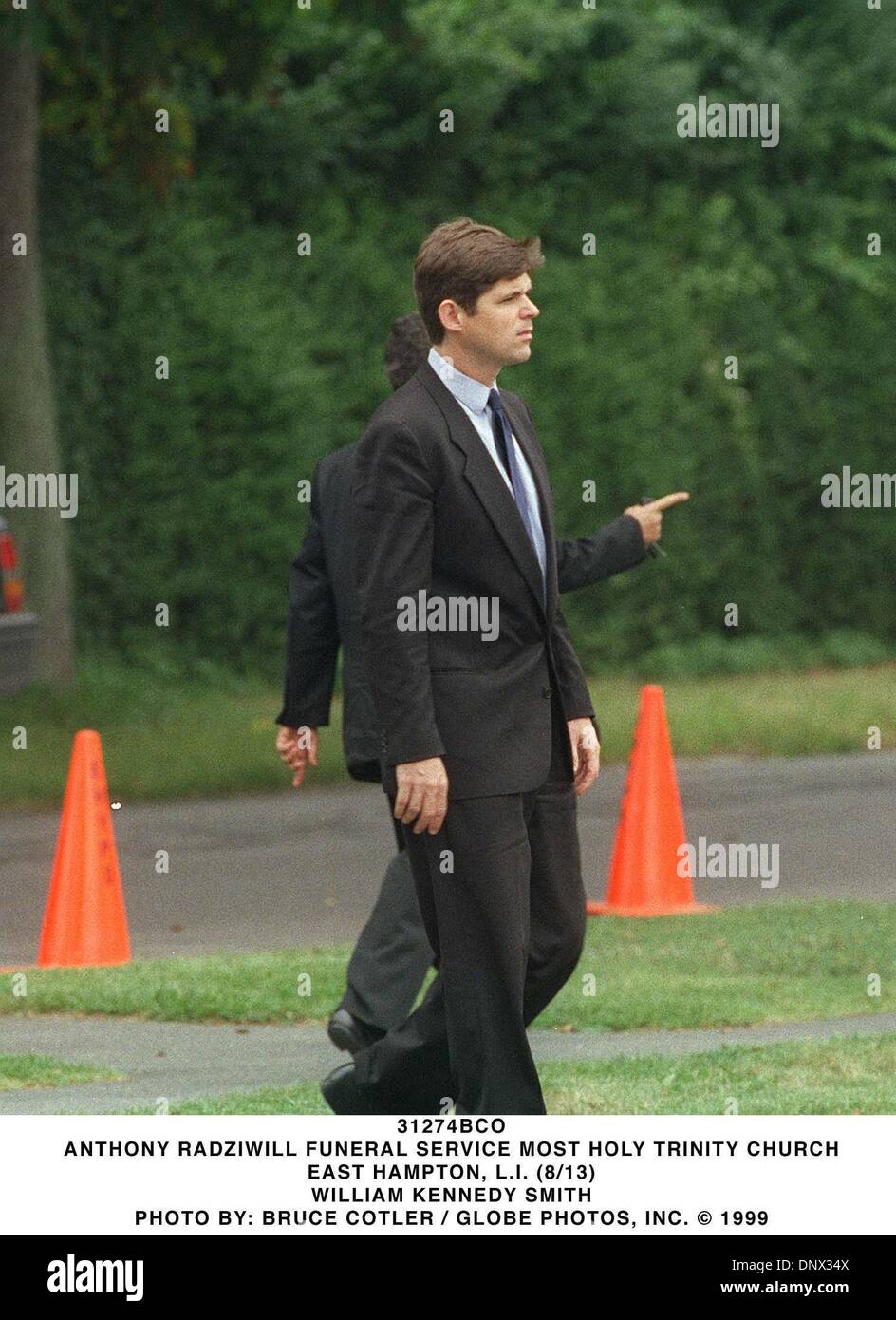Anthony Radziwi: Unveiling The Cause Of Death & Legacy
What whispers in the silence after a life lived? The cause of death, often a stark and final chapter, becomes the lens through which we attempt to understand the closing of a story, particularly when the narrative involves a figure as intriguing and multifaceted as Anthony Radziwi. It is the definitive end, yet it also holds the potential to unlock deeper understanding of the life lived, the choices made, and the legacy left behind.
The finality of death inevitably sparks a wave of reflection. In the case of Anthony Radziwi, born into privilege and a life intertwined with the upper echelons of society, the circumstances surrounding his passing warrant particular consideration. Examining the medical details, the events leading up to it, and the potential contributing factors, provides a crucial, albeit sorrowful, insight into the conclusion of his journey. This quest for understanding helps us grasp not just the end, but also, by extension, the essence of the man himself.
| Category | Details |
|---|---|
| Full Name | Anthony Radziwi |
| Born | July 4, 1959, New York City, New York, USA |
| Died | August 10, 1999 (age 40), New York City, New York, USA |
| Parents | Prince Stanisaw Albrecht Radziwi and Caroline Lee Bouvier (Lee Radziwi) |
| Siblings | Anna Christina Radziwi |
| Education | Georgetown University |
| Occupation | Film Producer, Journalist |
| Spouse | Carole Ann Di Falco |
| Notable Relationships | Close friend of John F. Kennedy Jr., and a member of high society |
| Cancer | Diagnosed with Cancer in early 1990's, specifically, the Lymphoma. |
| Reference | Wikipedia - Anthony Radziwi |
The official cause of death for Anthony Radziwi was cancer, specifically, the aggressive form of the disease, the Lymphoma. Diagnosed in his early thirties, he battled this illness with a stoicism and dignity that was remarked upon by those who knew him. The news of his illness reverberated through the social circles he inhabited, and his public fight with cancer was an ongoing concern, followed closely by the media, as he was an integral part of New York high society.
Radziwi's cancer diagnosis was not just a personal tragedy; it was a stark reminder of mortality, even for those born into privilege. The illness was a cruel equalizer, cutting short a life that held so much promise and potential. It forced him to confront his own fragility, to grapple with the inevitable end. However, his struggle served as an example to his friends and to people around the world, displaying extraordinary strength and perseverance. He faced each challenge with bravery and humor, qualities which became important in the last years of his life.
The progression of lymphoma is often marked by a relentless series of treatments, remissions, and relapses. Each phase can test the physical and emotional limits of the patient and his support network. Radziwi's journey was filled with rounds of chemotherapy, periods of remission, and the constant anxiety of recurrence. The medical interventions, though designed to prolong his life, also brought their own set of hardships, including the side effects of drugs and the psychological toll of the disease. His bravery in facing all these treatments was frequently commented on, revealing a resilient person.
The impact of the disease went beyond the physical. Cancer affects every facet of an individuals existence. The constant appointments with doctors, the scans, the blood tests, and the never-ending worry can consume the mind. Radziwi's friends and family witnessed the daily struggles, the emotional ups and downs, and the immense strength he needed to maintain his spirits. His diagnosis brought additional hardship to those around him and highlighted the emotional support he received from his friends, particularly from his childhood friend, John F. Kennedy Jr. His death occurred just weeks after the tragic plane crash that claimed the life of his friend and his wife, Carolyn Bessette Kennedy.
The death of Anthony Radziwi highlights the importance of medical advances in the fight against cancer. Lymphoma, like many other cancers, has seen significant improvements in treatment options over the past few decades. While Radziwis battle occurred before some of the most recent advancements, it serves as a reminder of the need for continued research and funding. His life and the suffering he endured emphasize the necessity to search for more effective treatments, improve early detection methods, and to offer better support to patients and their families. His passing encouraged a sense of urgency in the scientific and medical communities, the quest to provide hope for others impacted by this disease.
Furthermore, his life and death illustrate the profound emotional and psychological aspects of dealing with a serious illness. Beyond the clinical facts and statistics, the human experience is one of profound grief, resilience, and a search for meaning. Radziwis life, characterized by his sophisticated outlook, his creative endeavors, and the deep bonds of friendship, continues to resonate as a lesson in confronting adversity with grace and courage. His death, a tragic loss, prompts reflection on the nature of life, the importance of human relationships, and the lasting impact of a life well-lived, even when cut short.
The confluence of his death with the death of his close friend, John F. Kennedy Jr., created an even deeper resonance of grief and shock within the public consciousness. Both deaths, occurring within a short period, and both related to such extraordinary lives, added a layer of tragedy. The loss of Radziwi, a man who represented the elegance, charm, and sophistication of his social milieu, underscored the fragility of life and the unpredictability of fate.
Examining Anthony Radziwis cause of death requires a thorough understanding of the complexities of Lymphoma. Non-Hodgkin lymphoma (NHL), the type from which he suffered, is a group of cancers that originate in the lymphatic system. This complex network of vessels and nodes plays a crucial role in the body's immune response. Symptoms often include swollen lymph nodes, fatigue, fever, and night sweats. The disease can progress rapidly, making early diagnosis and treatment essential.
Treatment options for NHL have evolved significantly since Radziwis diagnosis. Chemotherapy, radiation therapy, and, more recently, immunotherapy and targeted therapies, have become standard treatments. The choice of treatment depends on the specific type of lymphoma, its stage, and the patient's overall health. While treatment can be aggressive, and have a heavy toll on the patient, significant advances have been made in improving survival rates and reducing side effects. The medical community continues to develop new medicines and approaches to improve outcomes for patients facing this illness.
The disease trajectory for someone with lymphoma can be difficult. It is common for patients to experience periods of remission, where the cancer is under control, followed by relapses when the disease returns. Each relapse can require further treatment, and the battle can take a heavy toll on the physical and mental health of the patient. Support groups, therapy, and access to palliative care can assist patients and their families to manage the emotional and practical challenges of living with cancer. It is important to focus not only on the medical aspects, but also the overall well-being of the person, throughout the process.
The death of Anthony Radziwi not only underscores the impact of cancer on individuals and their loved ones, but it also highlights the significance of early diagnosis and access to adequate medical treatment. The ability to receive the most current medical treatments, the support of medical professionals, and the dedication to research are all critical in the fight against Lymphoma. The pursuit of better treatments and support systems is a continuing priority.
Beyond the medical facts, understanding Anthony Radziwi's death requires taking into account the overall narrative of his life. From his birth into a distinguished family to his personal connections, his life had a depth that was mirrored in how he faced illness. His marriage to Carole Ann Di Falco, his close friendships, and his professional interests all influenced the way he confronted the difficulties of his disease. His personality and attitude, throughout his struggle, became important to the remembrance of his life.
The finality of a diagnosis of cancer forces a shift in perspective. The priorities change, and a deeper understanding of life's precious nature comes to the surface. Many patients find a new appreciation for their loved ones, their achievements, and the small joys of life. This was true of Anthony Radziwi, who, despite his illness, continued to live with passion and purpose. His approach to the challenges he faced inspires others, highlighting the need to appreciate and value the time that is given.
The loss of Anthony Radziwi prompted an extensive amount of grief, and it also sparked contemplation of the importance of life and legacy. His influence extends beyond his immediate circle. His actions as a public figure, coupled with his enduring friendships, offered a model of how to live life with dignity and style. His death serves as a poignant reminder of the importance of cherishing every moment and the legacy each person leaves behind.
In summary, the cause of Anthony Radziwi's death, the aggressive form of lymphoma, is more than simply a medical fact. It is an opening through which to examine his whole existence. It is a reminder of the harsh reality of cancer and a testament to the importance of early detection, and medical research. His story serves as a lasting memorial to his courage, his spirit, and the impact he had on those around him. His legacy is a testament to the power of facing life's difficulties with grace, resolve, and a dedication to living fully, even in the face of adversity.
Article Recommendations



Detail Author:
- Name : Ms. Myrtie Lang
- Username : west.melody
- Email : prohaska.vilma@mueller.com
- Birthdate : 1984-10-22
- Address : 240 Aisha Trace North Colbyhaven, ID 51179
- Phone : +1 (757) 827-5223
- Company : Wiegand-Jenkins
- Job : Podiatrist
- Bio : Ex placeat totam et dolore. Esse in exercitationem ut eum maiores eum. Omnis voluptates et aut ea est ut incidunt. Et et earum libero dolor ducimus dolorum. Dolorem doloremque rem enim quia.
Socials
linkedin:
- url : https://linkedin.com/in/ricem
- username : ricem
- bio : Voluptas quam voluptas repellendus.
- followers : 2324
- following : 1085
facebook:
- url : https://facebook.com/ricem
- username : ricem
- bio : Sit veritatis ratione vero est et illum.
- followers : 2216
- following : 2488
tiktok:
- url : https://tiktok.com/@mckayla_rice
- username : mckayla_rice
- bio : Pariatur non ea ut porro natus optio et.
- followers : 1139
- following : 704